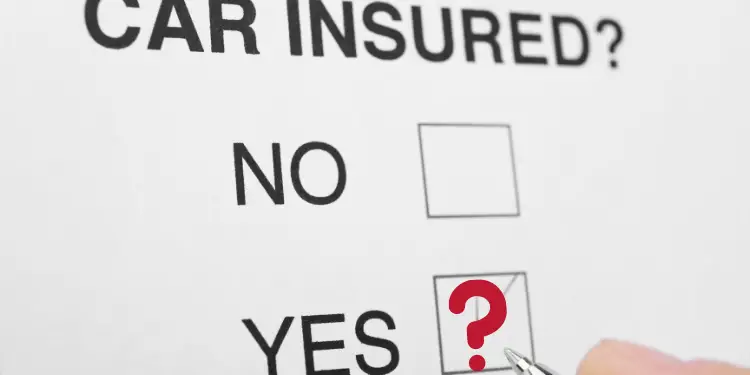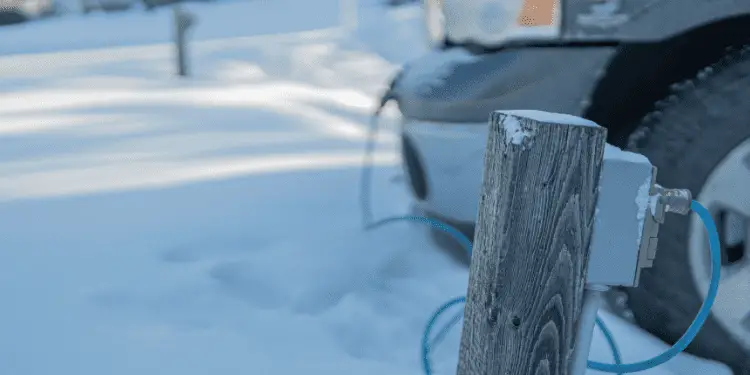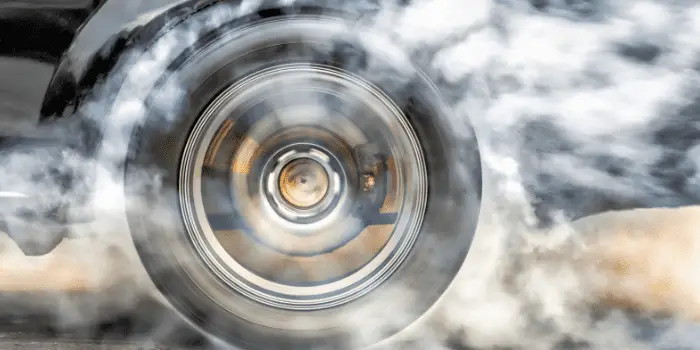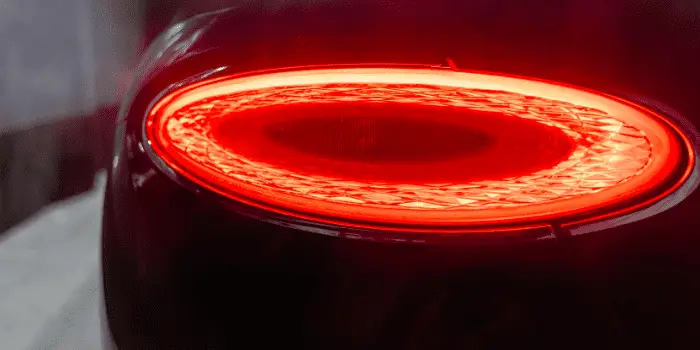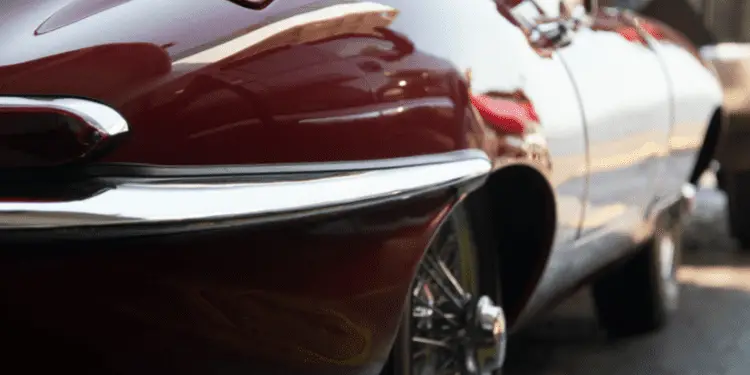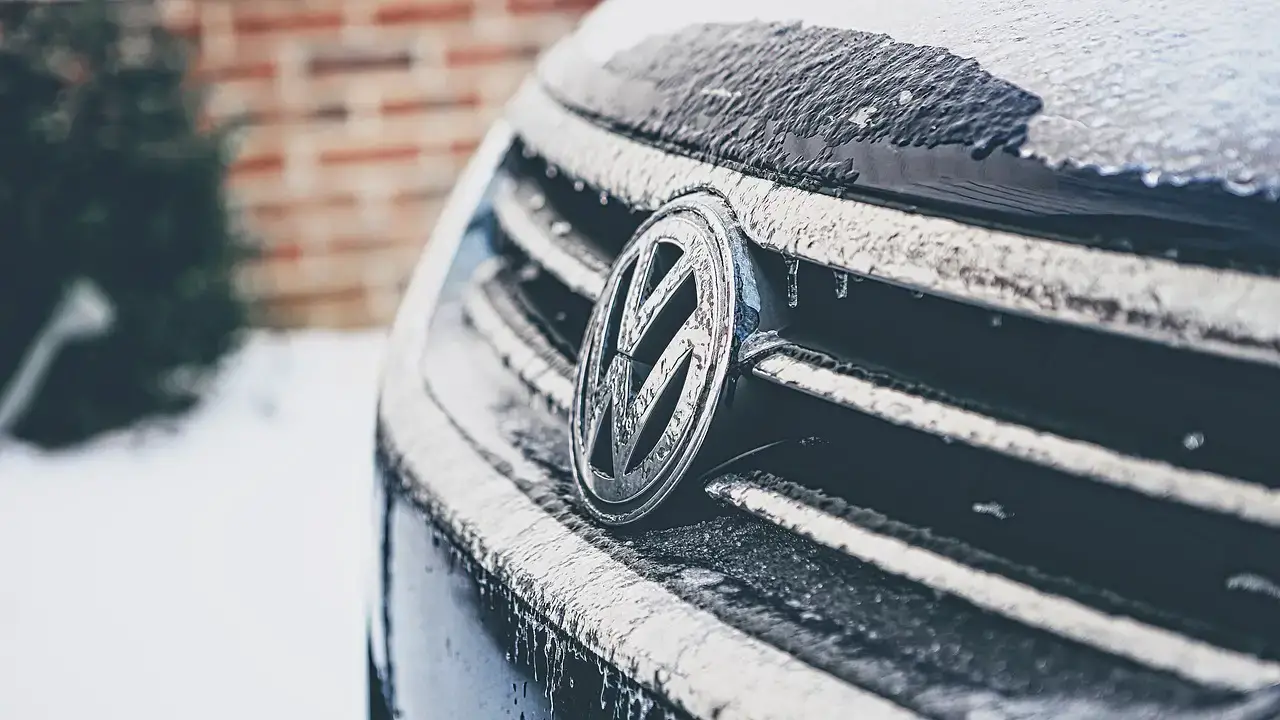
Dealing with cold weather can be difficult, especially if you have to drive. Do you notice a chirping sound coming from your engine when you start your vehicle? Wondering what is causing the issue and how to fix it? Well, let us tell you everything that you need to know about a chirping noise from the engine when cold.
In most cases, the chirping noise from your engine shouldn’t be something to worry about. The cold weather will likely have caused one of the drive belts in/around your engine to harden up. This causes minor belt slippage when you drive. The chirping should stop after a few minutes.
On this page, we’ll go into a bit more depth on why that chirping sound is occurring. We’ll also give you some alternative reasons behind the chirping. We’ll even let you know how to fix the problem!
Why Is There a Chirping Noise From My Engine When Cold?
There are a few reasons why you may have a chirping noise from your engine when it is cold outside. 90% of the time, it is due to one of the belts in your vehicle (normally an accessory belt), stiffening up.
Drive belts in your vehicle are made from rubber. So, they’re normally quite soft and move with ease. However, as you may know, when rubber gets cold, it starts to stiffen up. If it gets too cold, then it gets rock solid.
If the weather is cold, then the belts around your engine will harden up. When you start your vehicle, this will prevent them from moving as smoothly. In fact, they may slip a little bit. This can cause a small chirping noise from your engine. It should clear up within a minute or two of your vehicle running. The belt just needs to soften up a little.
What Causes a Chirping Noise from the Engine When Cold?
While a hard belt is likely to be the reason behind a chirping noise from your engine when it is cold, there are other situations where this problem may occur. This includes:
- If one of the drive belt pulleys is loose or cracked.
- If a drive belt (especially an accessory belt) has cracks in it.
- If you leave the air conditioner switched to the ‘on’ position when you turn on the vehicle, particularly when it is cold out.
- If you have low oil levels in your vehicle.
Almost all of these are problems that you can easily fix yourself. Most of the time, you won’t have to visit a garage. As long as you have your vehicle’s manual to hand, and preferably somebody to help you out, these problems can often be fixed in under an hour.
How to Fix a Chirping Noise From the Engine When Cold
As we’ve mentioned, all of these problems can be fixed by someone well-versed in vehicle maintenance. However, most of the time you won’t have to do anything. Let’s explain.
Stiff Drive Belts
If the problem seems to disappear within minutes of the vehicle starting, then chances are the belts were just stiff. There isn’t really anything that you need to do here. You could try to store your vehicle in a warmer location in the evening, but we know that isn’t going to be possible for everybody.
We do suggest that you regularly check your vehicle’s belts, though. There are a few of them (check the manual for their exact placement). If you are regularly starting your vehicle while it is cold out, then there is a good chance that the belts may start to crack or break. Thankfully, they are easy to replace.
Cracked or Broken Belts
If the chirping sound is permanent, then the belt may be cracked or broken. You’ll need to consult your vehicle’s manual for the location of any serpentine or accessory belts. It should be easy to know if they are broken. If you spot the following, then it may be time to switch them out:
- Fraying of the material
- Cracks
- Chips
- Completely broken belt.
As soon as damage starts to occur to a vehicle’s belts, they are on their way out.
How you swap out the belt will depend on the vehicle that you own. It is normally a very easy job, and the manual will walk you through the process. In most cases, you just release the tension to the belt (through a spring, a button, etc.) remove the belt, add the new one, and then re-tension everything.
Loose or Damaged Drive Belt Pulley or Tensioner
If you have a loose or damaged drive belt pulley or tensioner, then there could be a chirping. This is because the belt will be a bit too loose, causing slippage.
Tightening things up will depend on your vehicle’s model, so make sure that you consult your vehicle. However, if this is the issue, then we recommend getting an expert to tighten everything up for you. They may also be able to work out why everything was knocked loose.
Low Oil Levels
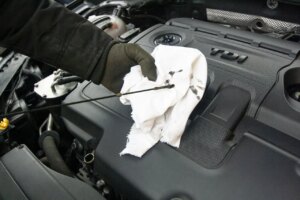
You should check engine oil levels frequently. Low oil can cause engine chirping, but this will be the least of your worries. Low engine oil levels can damage your engine.
Finding your vehicle’s dipstick should be easy. You’ll probably already know where it is. If you don’t, then make sure to get hold of your vehicle’s manual. It is one of the most basic maintenance jobs for working with your vehicle.
If you have low oil, top it off. Make sure that you check your vehicle’s manual to know the exact type of engine oil that you need. Again, this is a very simple job. You just need to remove the oil cap, grab a funnel, and pour the oil in until it reaches the required level.
AC Turned On
Some people have reported that having their air conditioner turned to ‘on’ when they start their vehicle causes chirping. This is because the AC does have a belt in it, and it is very prone to hardening up in cold weather.
Switching the AC to ‘off’ before you turn on your vehicle prevents at least one belt from running when you start your vehicle, which should lower the risk of the chirping sound.
Other Possible Issues
If the chirping sound persists for more than a few minutes, then you could have a problem with your engine. We recommend that you take your vehicle to an expert. Any issues with engines should not be ignored.
Final Thoughts
If you have a chirping sound from your engine when it is cold, then it normally isn’t anything to worry about. It means that one of the serpentine or accessory belts in your vehicle has hardened up in the cold weather. This can cause minor slippage when the vehicle starts. The problem should resolve itself within minutes of you starting your vehicle.
Frequently Asked Questions
How Much Does it Cost to Replace an Accessory Belt?
The belt itself can cost between $15-$30. The labor to replace the belt may add an extra $50+ to the cost. It is something that you can replace yourself with minimal vehicle knowledge.
Is a Chirping Sound From an Engine When Cold a Bad Thing?
Most of the time, no. It just means that either an accessory belt or a serpentine belt has slipped a little. The problem will often resolve itself in a few minutes.
Can The Cold Cause a Vehicle’s Drive Belt to Crack?
Yes. If the drive belts get cold frequently (and are started while they are cold), they may start to crack. Eventually, you’ll need to replace them.


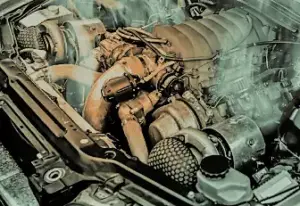
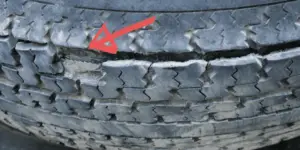

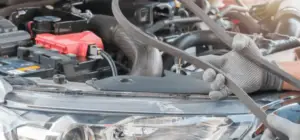
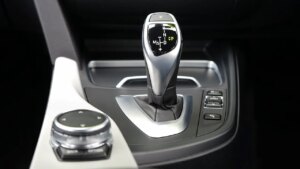
![How Many Serpentine Belts Are In A Car? [Answered] serpentine-belt-motorcyle-noise](https://carzaza.com/wp-content/uploads/2023/12/serpentine-belt-motorcyle-noise-300x150.png)

